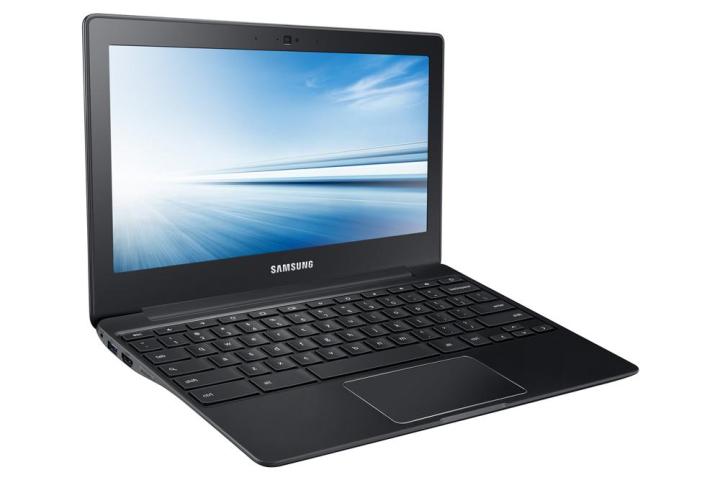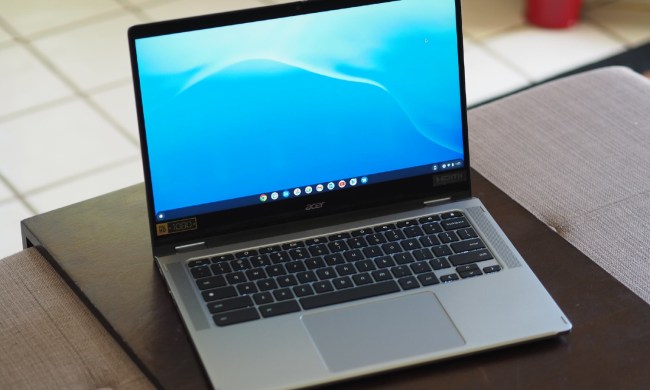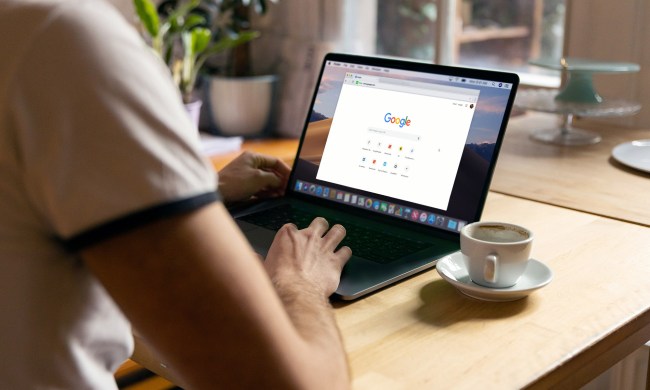
Chromebooks are well known for losing some of their luster once they’re not connected to the Internet. However, Google is working to make Chrome OS, the operating system that powers Chromebooks and Google-based desktops, more functional in instances where an Internet connection isn’t present, PCWorld reports.
For example, most recently, Google granted Chrome OS users the ability to both watch movies and edit clips online. On top of that though, a Google exec states that the operating system’s short update cycles virtually ensures that its weaknesses will eventually become strengths.
“As the ecosystems evolve, more and more developers are writing apps using Chrome APIs so they work offline,” said Caesar Sengupta, who is Google’s VP of product management for Chromebooks. “The platform has evolved and keeps improving. It is an OS that updates every six weeks. It keeps getting better.”
So what’s the strategy that’s driving Google’s push to make Chrome OS more amenable to offline use? At least part of that has to do with Microsoft’s decision to cease support for Windows XP. As people start to migrate from XP to another operating system, Google sees this as an opportunity to address a potentially lucrative group of consumers and their needs.
“The world has changed, you’re looking at different kind of [computing] needs than XP,” Sengupta said.
Google has its work cut out for itself in this area. Though less people were using Windows XP, according to Net Marketshare, XP usage fell from 27.69 percent in March to 26.29 percent in April. Though that’s a decrease of nearly 1.5 percent, Google has a lot to do if it hopes to reach such usage numbers with Chrome OS. Improving its offline functionality is a start, but it needs to do more.
Based on Sengupta’s statements, the company seems intent on doing just that.
What do you think? Sound off in the comments below.


